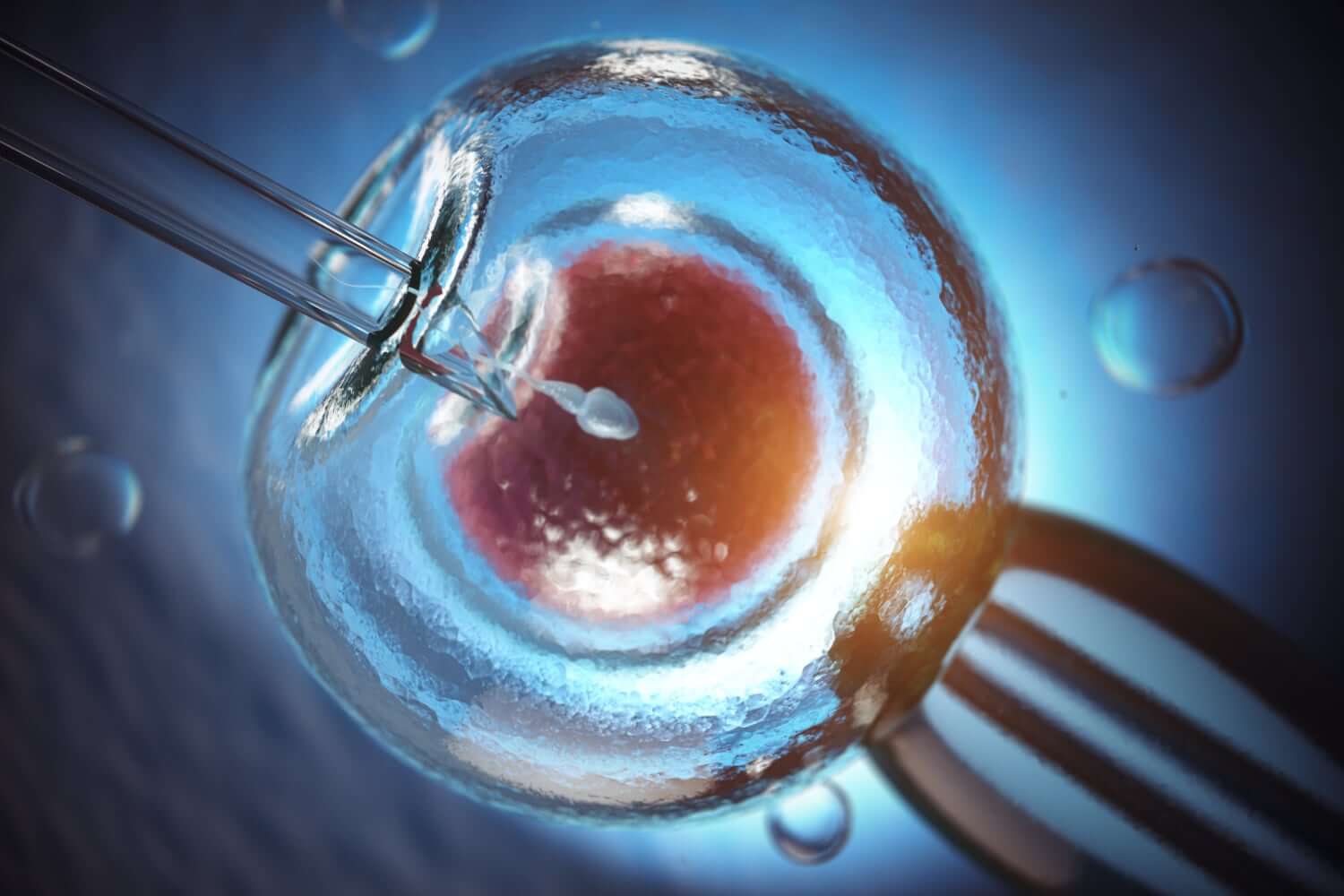Introduction
In vitro fertilization (IVF) represents a beacon of hope for several people and partners grappling with infertility. More than the earlier number of decades, improvements in reproductive technological know-how have not only improved the odds of conception but also opened the doorway to a revolutionary method: preimplantation genetic diagnosis (PGD). PGD will allow for the genetic screening of embryos prior to they are implanted in the uterus, guaranteeing that only embryos without identified genetic ailments or abnormalities are chosen for being pregnant. As we navigate by way of the 21st century, PGD stands at the forefront of reproductive medicine, heralding a new period of genetic screening that guarantees to reshape the long run of IVF.
i loved this of IVF and Genetic Screening
IVF has been through a radical transformation since the delivery of Louise Brown, the world’s initial “examination-tube baby,” in 1978. Early IVF treatments were being marred by low good results rates and constrained comprehending of embryonic development. The introduction of genetic screening was a sport-changer, allowing for embryologists to examine the genetic makeup of embryos and decide on these with the optimum probable for a healthier being pregnant.
The Advancement of Preimplantation Genetic Prognosis
PGD is a specialised strategy that consists of taking away one or far more cells from an IVF embryo to examination for precise genetic conditions right before the embryo is transferred to the uterus. In the beginning made to screen for sexual intercourse-joined ailments, PGD has expanded to include things like a vast array of genetic and chromosomal abnormalities.
Comprehending the Genetic Screening Course of action
The approach of PGD commences with the standard IVF cycle, wherever eggs are harvested and fertilized in the lab. After the embryos attain the blastocyst phase, a couple of cells are biopsied and analyzed employing one of many genetic screening methods, these as polymerase chain response (PCR) or next-technology sequencing (NGS). These strategies let for the detection of one-gene ailments, chromosomal abnormalities, and even the probable for inherited most cancers syndromes.
The Ethics of Genetic Screening
As with quite a few innovations in biotechnology, PGD brings with it a host of moral issues. The capacity to find embryos based on genetic criteria has sparked debate above the strategy of “designer infants” and raised concerns about eugenics. Ethicists and clinical specialists continue on to grapple with these concerns, striving to locate a stability in between the gains of genetic screening and the moral implications of genetic assortment.
The Affect of PGD on Genetic Problems
PGD has experienced a profound affect on the avoidance of genetic ailments. People with histories of heritable ailments like cystic fibrosis, Tay-Sachs illness, or Huntington’s ailment now have the choice to bear little ones without the panic of passing these ailments on. This has not only decreased the incidence of selected genetic problems but also alleviated the emotional and monetary load on families and health care units.
Enhancements and Innovations in PGD
The discipline of PGD is regularly evolving, with new systems maximizing its precision and scope. The introduction of complete chromosomal screening (CCS) will allow for the investigation of all 23 pairs of chromosomes, guaranteeing that only embryos with the correct range of chromosomes are implanted. This has substantially lowered the possibility of miscarriages and enhanced the success premiums of IVF.
The Function of PGD in Loved ones Balancing and Gender Range
1 of the additional controversial factors of PGD is its use in loved ones balancing and gender range. Some argue that the skill to opt for the sexual intercourse of one’s little one is a natural extension of reproductive freedom, when some others get worried about the social and demographic implications of these types of choices. Nonetheless, in scenarios wherever gender-certain genetic disorders are a concern, gender choice stays a important aspect of PGD.
The Potential of PGD: Expanding the Prospects
As we seem to the future, PGD is poised to develop in capabilities. Study into polygenic threat scores could empower PGD to screen for sophisticated circumstances like heart ailment or diabetic issues, which are motivated by multiple genes. There is also the probable to use PGD in conjunction with gene modifying systems like CRISPR, to not only decide on but also correct embryos at the genetic level, while this remains ethically and legally contentious.
Lawful and Regulatory Things to consider
The regulation of PGD varies considerably about the earth, with some nations embracing the know-how and many others imposing rigid restrictions. As the science progresses, policymakers will be challenged to create frameworks that make certain moral purposes of PGD although supporting scientific progression.
Conclusion
Preimplantation genetic prognosis stands at the intersection of genetics, medication, and ethics, featuring unparalleled manage over the genetic overall health of foreseeable future generations. Its integration with IVF has now increased the potential clients of would-be mothers and fathers to have balanced young children and claims to carry on its trajectory of innovation in the realm of reproductive health. As we advance, it is very important that we look at the moral implications and authorized frameworks important to manual the accountable use of this strong technological innovation. The long term of PGD in IVF is not just about the science of genetics, but also about the values we as a culture choose to uphold

